The streets of Tbilisi were closed off just a few weeks ago for Independence Day, celebrating the day Georgia formally left the Russian Empire. Thousands of local families lined the roads, cheering as columns of soldiers marched past, waving not just one flag, but three.
As well as the red and white five-cross national banner, hundreds had brought out the gold and blue colours of Ukraine that have been put up everywhere across the capital, hanging from apartment building balconies and shopfronts as a sign of support since the start of the war. Given around a fifth of Georgia’s territory is still under occupation by Russian forces and their proxies following wars in Abkhazia and South Ossetia, many have firsthand experience of Moscow’s divide and conquer tactics.
Yet more people, however, were flying the flag of the EU. Even outside of celebrations and state visits, the flag’s gold stars are draped over government buildings and flown from lampposts at every opportunity – more so than in many countries that actually are part of the bloc. Despite having made little progress in more than a decade towards its ambition of joining up, Georgia’s European dream is seemingly still going strong.
Now, though, the Caucasus nation has had its most stinging rejection yet. On Friday, Brussels set out its long-awaited response to applications for candidate status from three former Soviet Republics. In a speech, European Commission President Ursula von der Leyen announced that Ukraine would be helped along on the road to membership, declaring that ‘Ukrainians are ready to die for the European perspective. We want them to live with us.’
Likewise, Moldova, one of the continent’s poorest countries, got the green light on its application, with von der Leyen praising it for being ‘on a real pro-reform, anti-corruption and European path’, while adding that ‘it still has a long way to go. But we believe it has the potential to live up to the criteria.’ Given its near-total reliance on Russian gas and the fact Moscow has more than a thousand troops stationed in the breakaway region of Transnistria, Moldova was always going to prove a tricky case. But ultimately it has now seen the door to EU membership opening in the distance.
Georgia, though, wasn’t as fortunate. After recommending it be denied candidate status, von der Leyen told Tbilisi it must make a number of political and economic changes before talk of its accession can continue. ‘The sooner you deliver the sooner there is progress,’ she said. According to Oliver Varhelyi, the Commissioner for Neighbourhood and Enlargement, the country will need to crack down on corruption, bolster press freedom and begin to heal worsening political divides before it can be reassessed.
In recent years, its two main parties, the governing Georgian Dream and the opposition United National Movement (UNM), have found themselves locking horns in a fierce struggle for power. Last February, riot police raided the headquarters of the UNM, detaining its leader, Nika Melia, and scrapping with activists who waded in to defend him.
But at the same time, despite the theatrics, Georgia has made colossal progress. As a former part of the USSR – the birthplace of both its most notorious dictator, Josef Stalin, and his secret police chief Lavrentiy Beria – its transition to a parliamentary democracy has been remarkably fast, if not always entirely smooth. Its economy, buoyed by investment from abroad, is the second fastest-growing across Eurasia, according to the World Bank, and has become a major destination for tech firms and entrepreneurs because of its low tax regime – which imposes a flat 20 per cent on local income, and nothing on money earned abroad.
One challenge it faces, however, is that Georgia is finding it has few real friends. For all the talk of solidarity with Ukraine, and the genuine public outrage over the war, the government has done almost nothing by way of sanctioning Moscow or providing arms to Kyiv. A month after the start of the invasion, Ukrainian President Volodymyr Zelensky sacked his ambassador in Tbilisi, citing a lack of demonstrable support, and little has changed since. Rhetoric aside, Georgia is dependent on neighbouring Russia for everything from food products to energy, and has even taken advantage of western oil embargoes to buy cheaper gas from Moscow. Without solid commitments from Brussels, any divorce from its long-time partner would be costly and leave it in an uncertain position.
There is now a growing sense of frustration that Georgia is being shut out of the club while Ukraine, a country fighting for its very existence, and Moldova, a poorer nation with historically close ties to Russia are being let in. Ahead of the verdict, Prime Minister Irakli Garibashvili hit out at ‘irresponsible and offensive’ criticism from the EU over his government’s political transparency, and threatened to ‘lift the curtain on everything and tell our people everything’ about the bloc. What he meant was unclear, but the feeling that Tbilisi is being hard done by is palpable. Now, Georgian citizens who long for EU investment, passports and opportunities will be asking whether Garibashvili and his allies are doing enough.
Not everyone is similarly frustrated with the lack of progress, however. ‘I can’t say I feel disappointed,’ says Mariam, a 26-year old from Tbilisi. ‘It would be a great opportunity for living and travelling abroad, but being part of the EU is a big responsibility – there are some things I’m not sure we’re ready for and other things we’d have to do to get in that I don’t agree with.’ Like many, she is sceptical of giving up the country’s hard-won sovereignty, even if it comes with major potential benefits.
For now, Georgia’s unrequited love of the EU seems to be going nowhere fast. Neither, though, are its ties to Russia.
Got something to add? Join the discussion and comment below.
Get 10 issues for just $10
Subscribe to The Spectator Australia today for the next 10 magazine issues, plus full online access, for just $10.

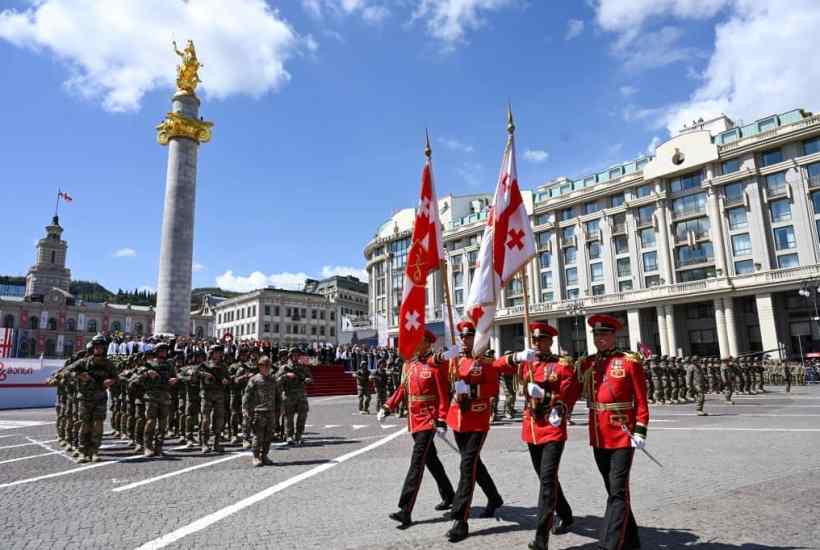


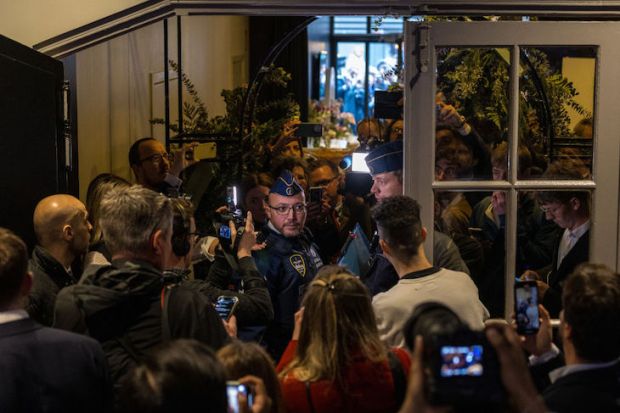
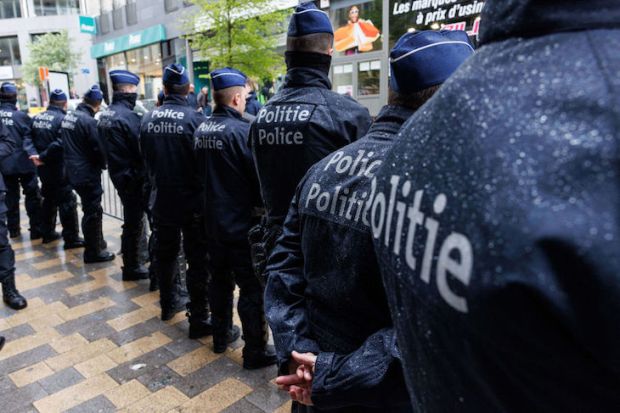
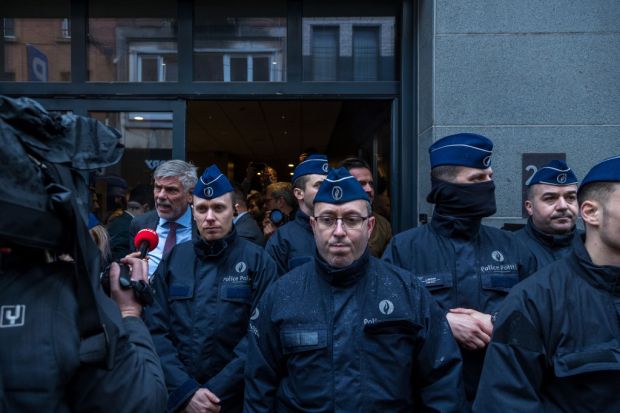
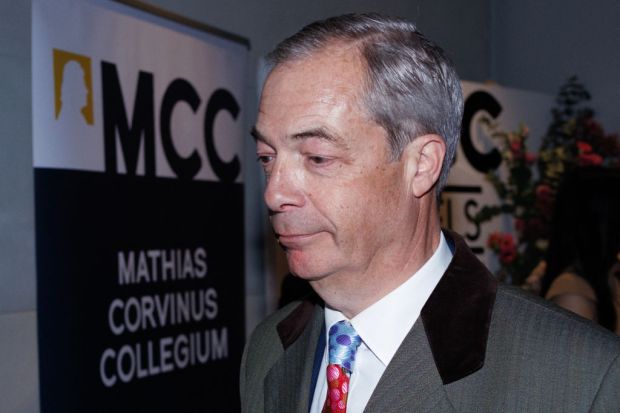












Comments
Don't miss out
Join the conversation with other Spectator Australia readers. Subscribe to leave a comment.
SUBSCRIBEAlready a subscriber? Log in